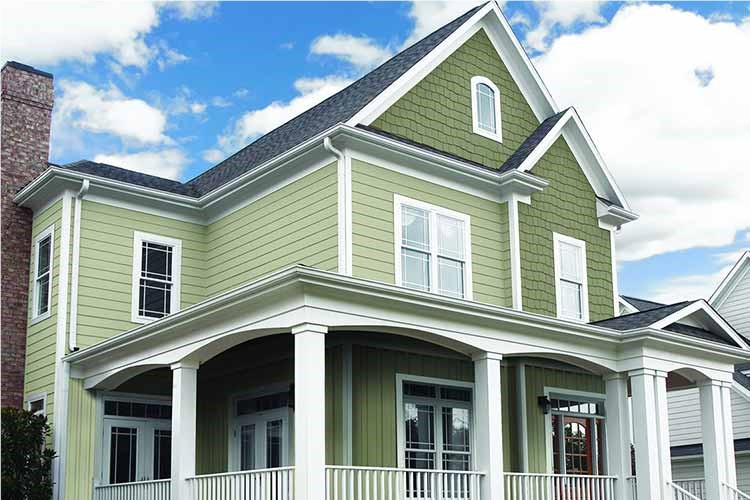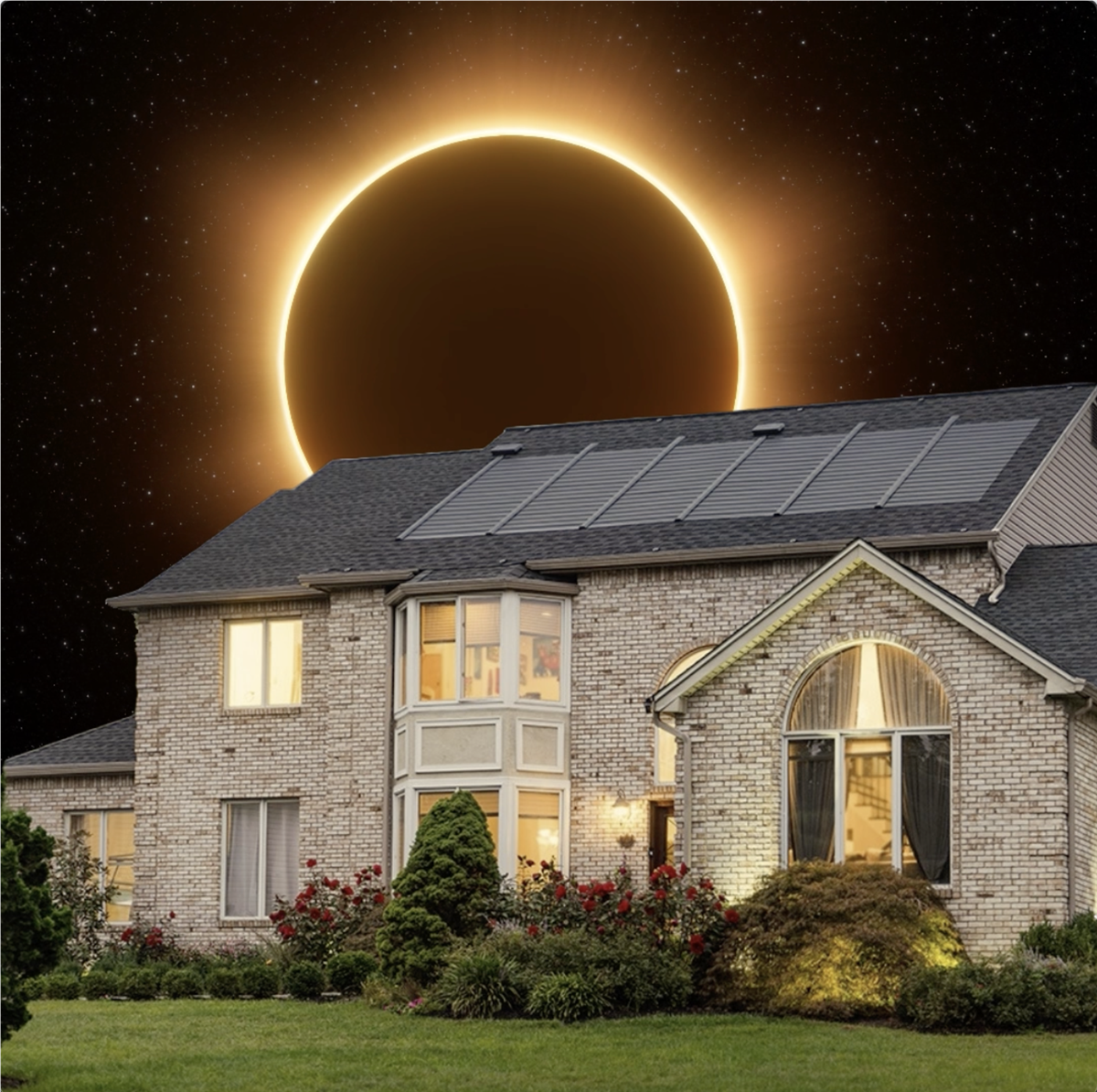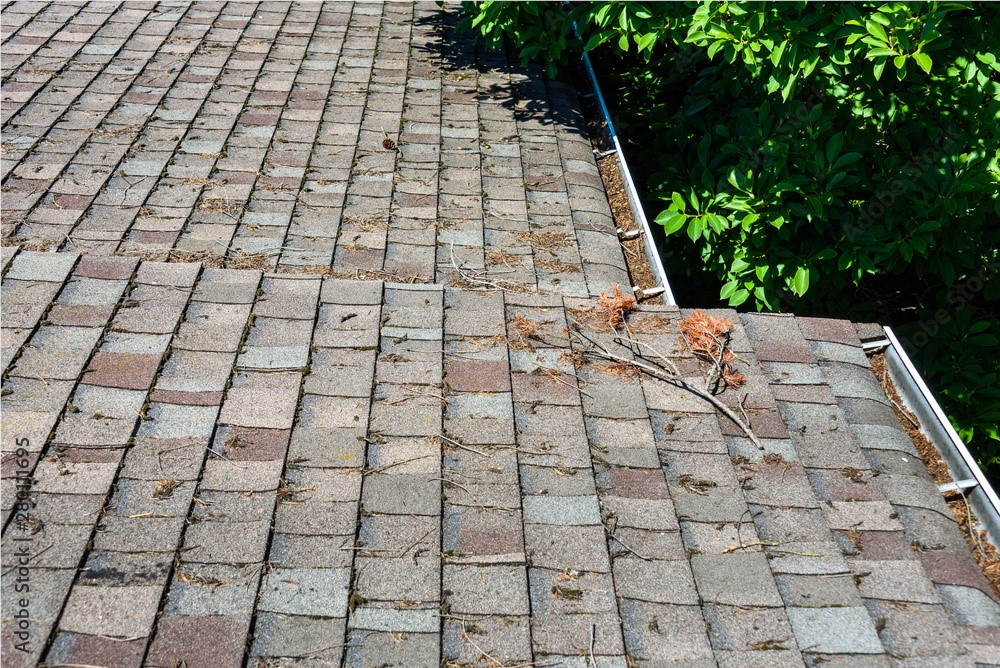
When looking for an “energy-efficient” product, you’re searching for an option that uses less energy than similar products while doing the same amount of work. When it comes to home siding, this means choosing a siding that offers enhanced insulation, thereby reducing the amount of energy it takes to heat and cool the home.
How to Know if Siding is Energy Efficient
As mentioned above, an energy-efficient siding keeps your home better insulated when compared to other siding types. There is a measurement that is used to indicate how well insulated a product is, and this measurement is called the R-value.
R-value measures how well an insulating material prevents the flow of heat into and out of the home. The higher the R-value, the greater the performance. When looking for energy-saving siding, look for R-values between 2-4.
A Look at Different Siding Options
Not all siding options offer the same level of energy-efficiency. However, there are other benefits to consider as well. Below are three of the most common home siding types and the advantages that they provide:
Vinyl Siding
Standard vinyl siding has an R-value of 0.61, which is not too bad if you live in a moderate climate. However, when energy-efficiency is your priority, look for insulated vinyl siding. Insulated vinyl siding usually ranges between an R-value of 2 to 2.7. Whether you choose insulated vinyl or standard vinyl, there are additional benefits to consider. Vinyl siding is:
- Cost-Effective
- Low-Maintenance
- Available in Many Styles and Colors
Fiber Cement Siding
Fiber cement siding has an average R-value of 0.5 when installed alone. However, when installed on top of a solid-foam insulation board, the R-value goes up above 2. Today, there are options for insulated fiber cement siding that boasts an R-value of 3 to 4. Additional benefits of fiber cement siding include:
- Real-Wood Appearance
- Weather Resistance
- Fire Resistance
- Ideal for Hurricane and Tornado-Prone Areas
Cedar Siding
Cedar is a low-density, soft wood that is lightweight and has insulative properties. Cedar siding has an R-value of about 1.4 per inch when installed alone, making it one of the most naturally energy-efficient siding options. Insulated cedar siding comes with R-values ranging from 2 to 2.7. Cedar siding is also:
- Shrink-Resistant when Properly Cured
- Naturally Beautiful
- Insect Resistant
Do You Need a Michigan Siding Replacement Contractor?
Most siding materials have an energy-efficient option, so it all comes down choosing the siding that offers the style, performance, and affordability that’s right for you. If you could use help finding the right siding replacement for your home, contact Kearns Brothers today. We will be happy to discuss the benefits of all our siding options and help you find the right material for your needs and budget!
Subscribe to Kearns Brothers's Blog



Comments